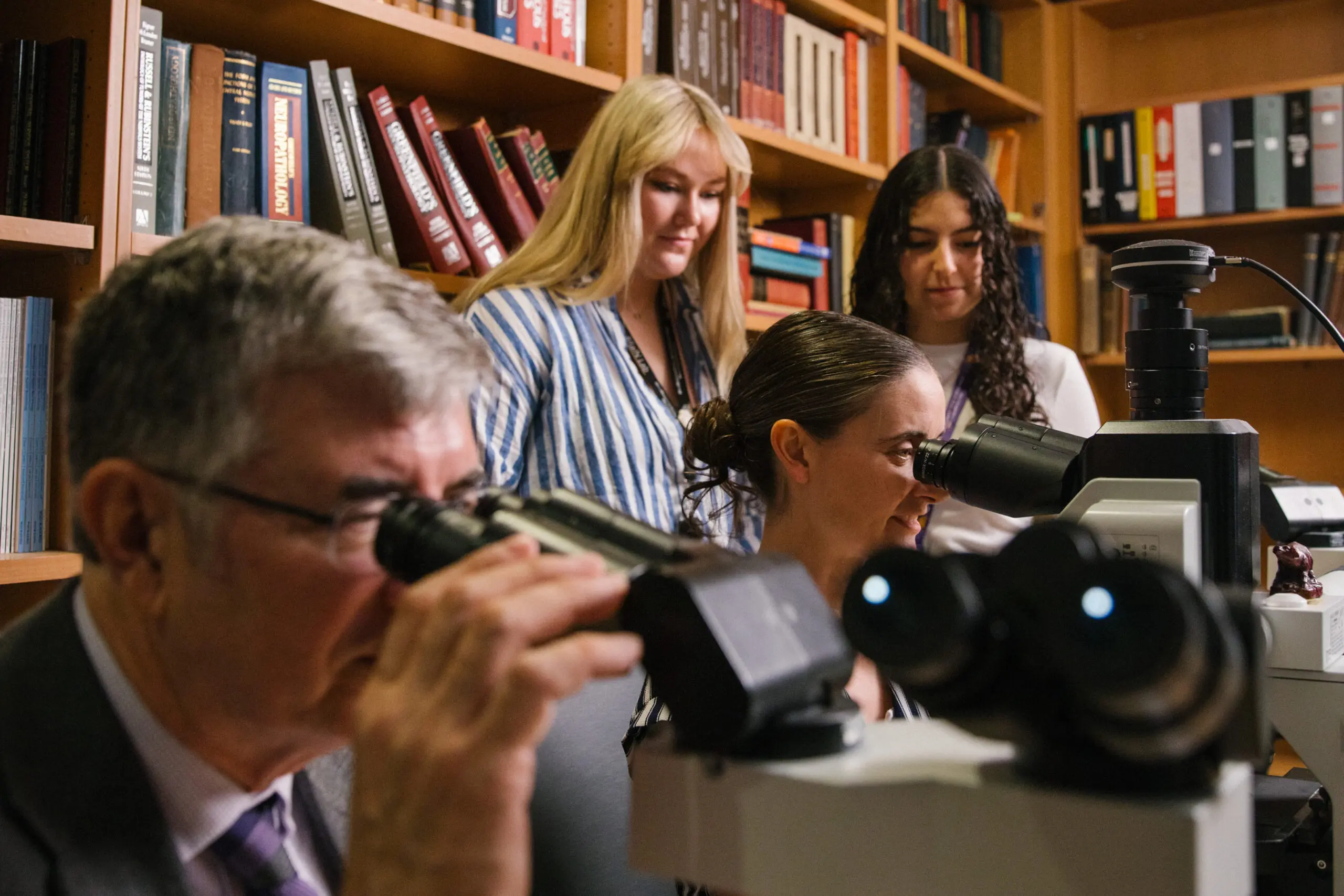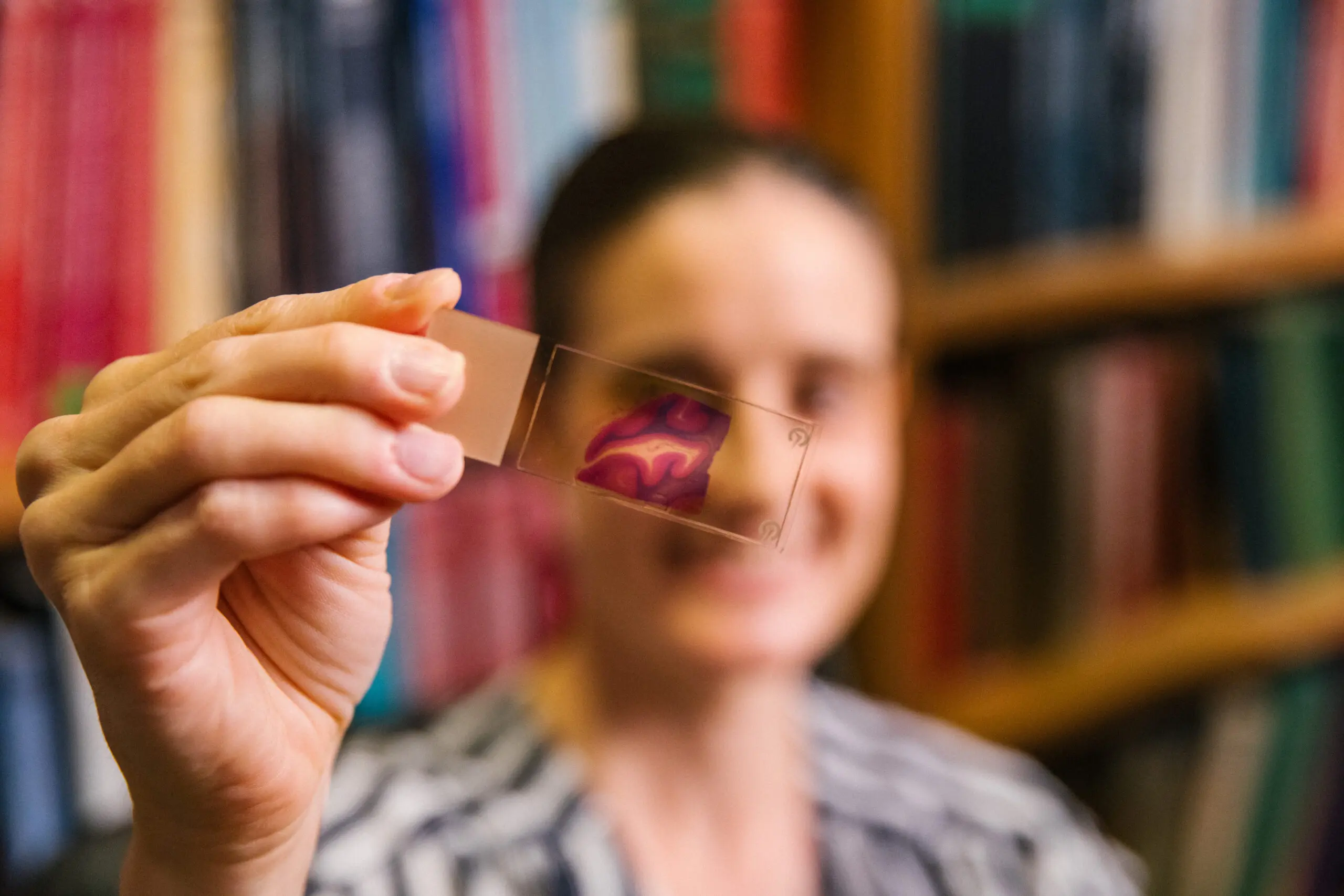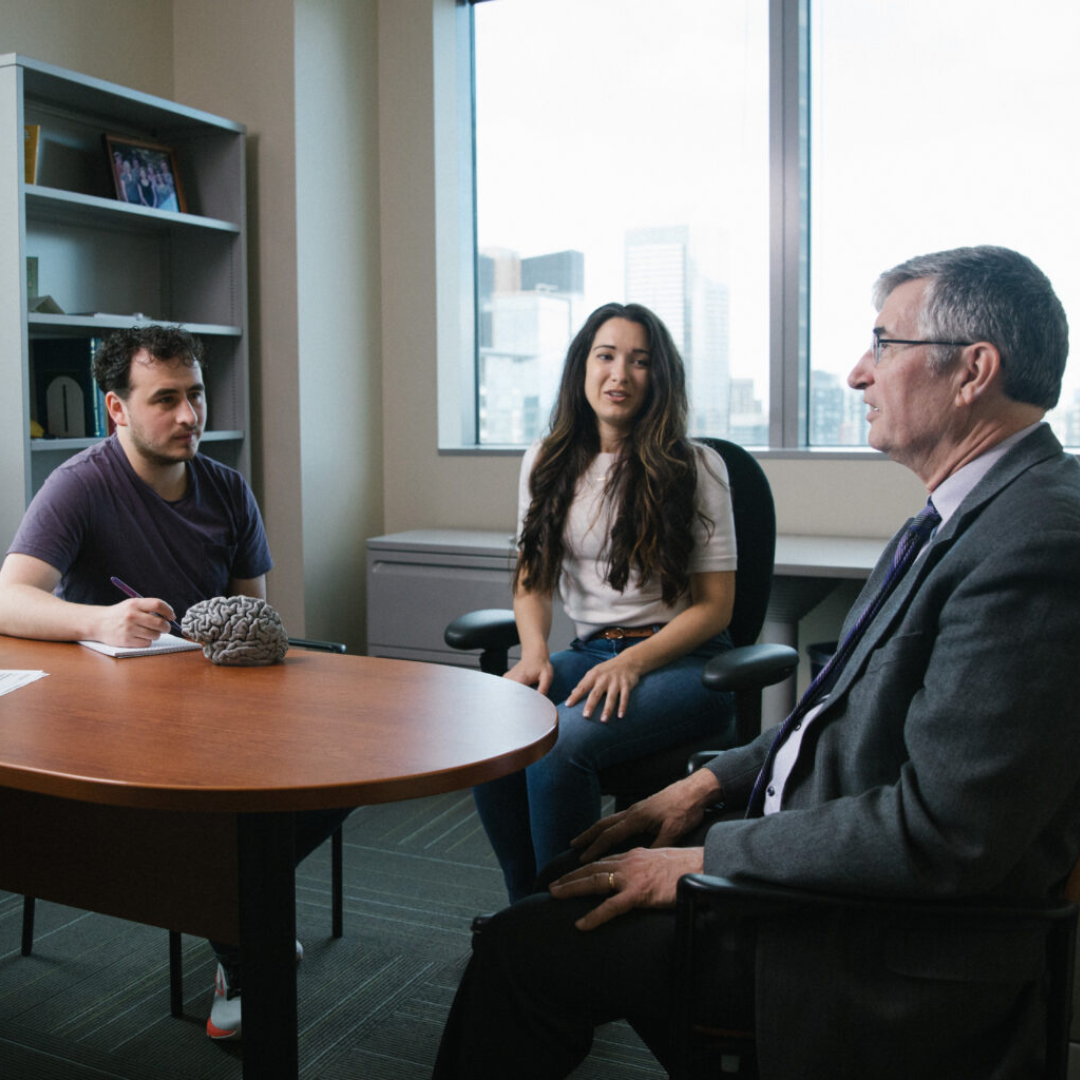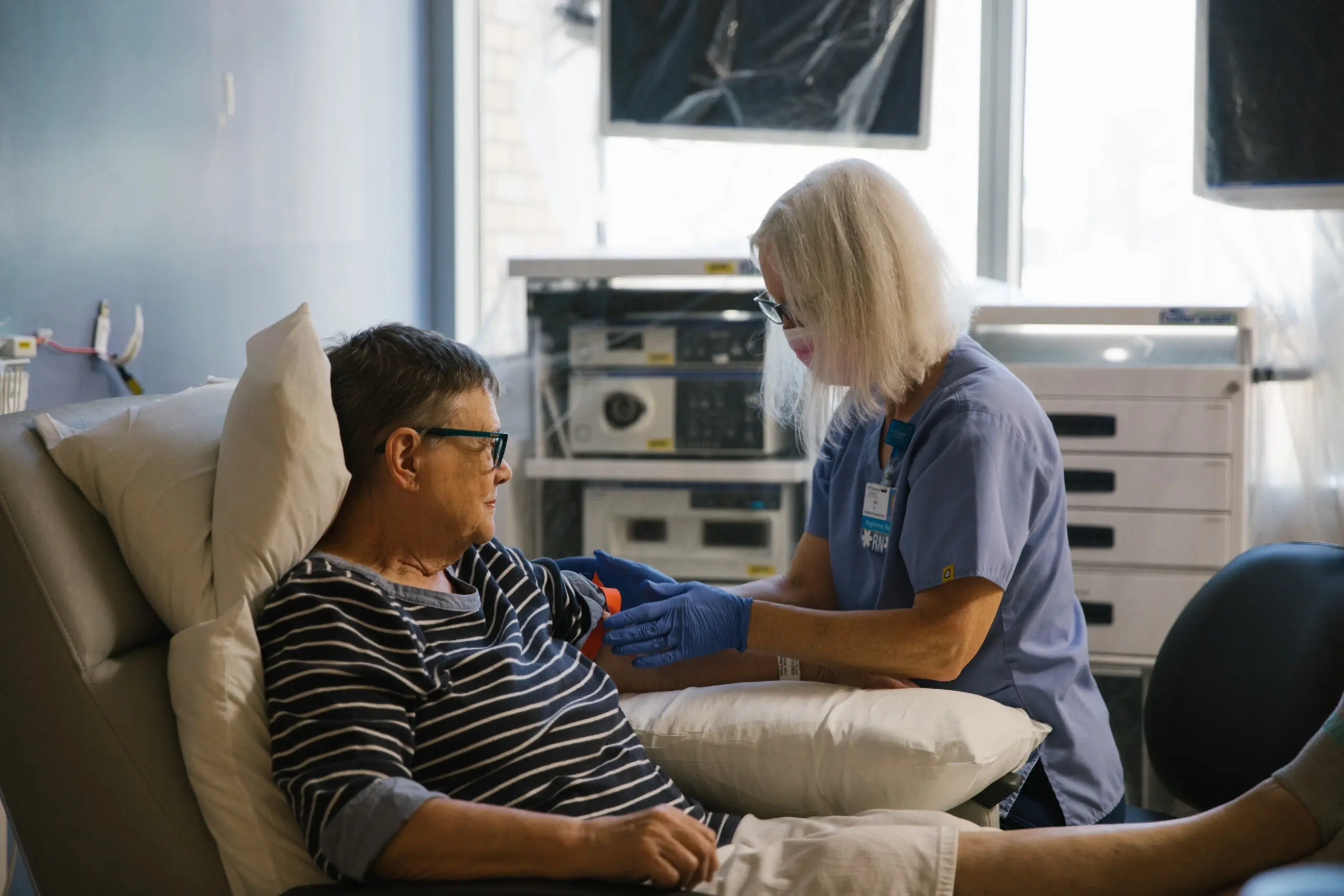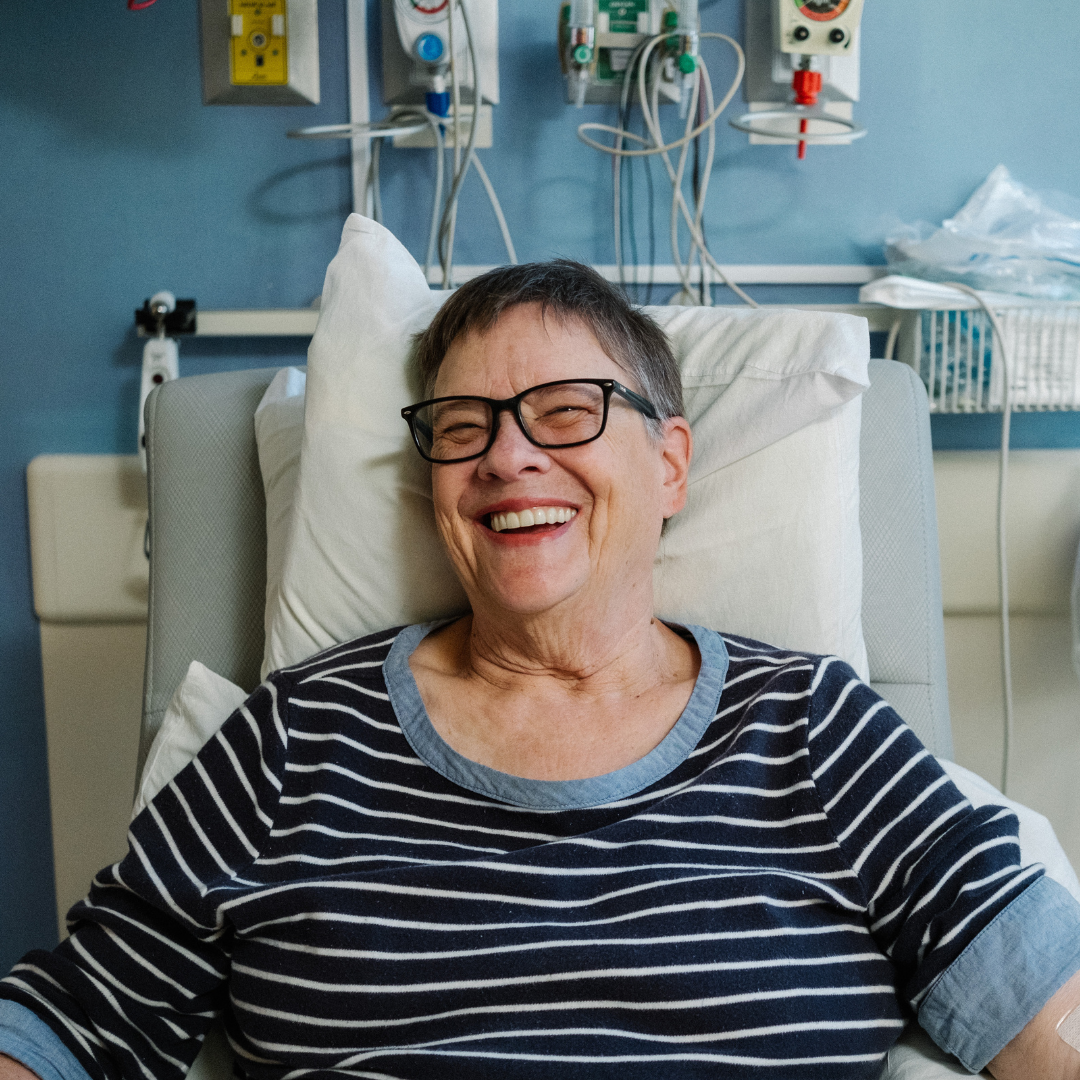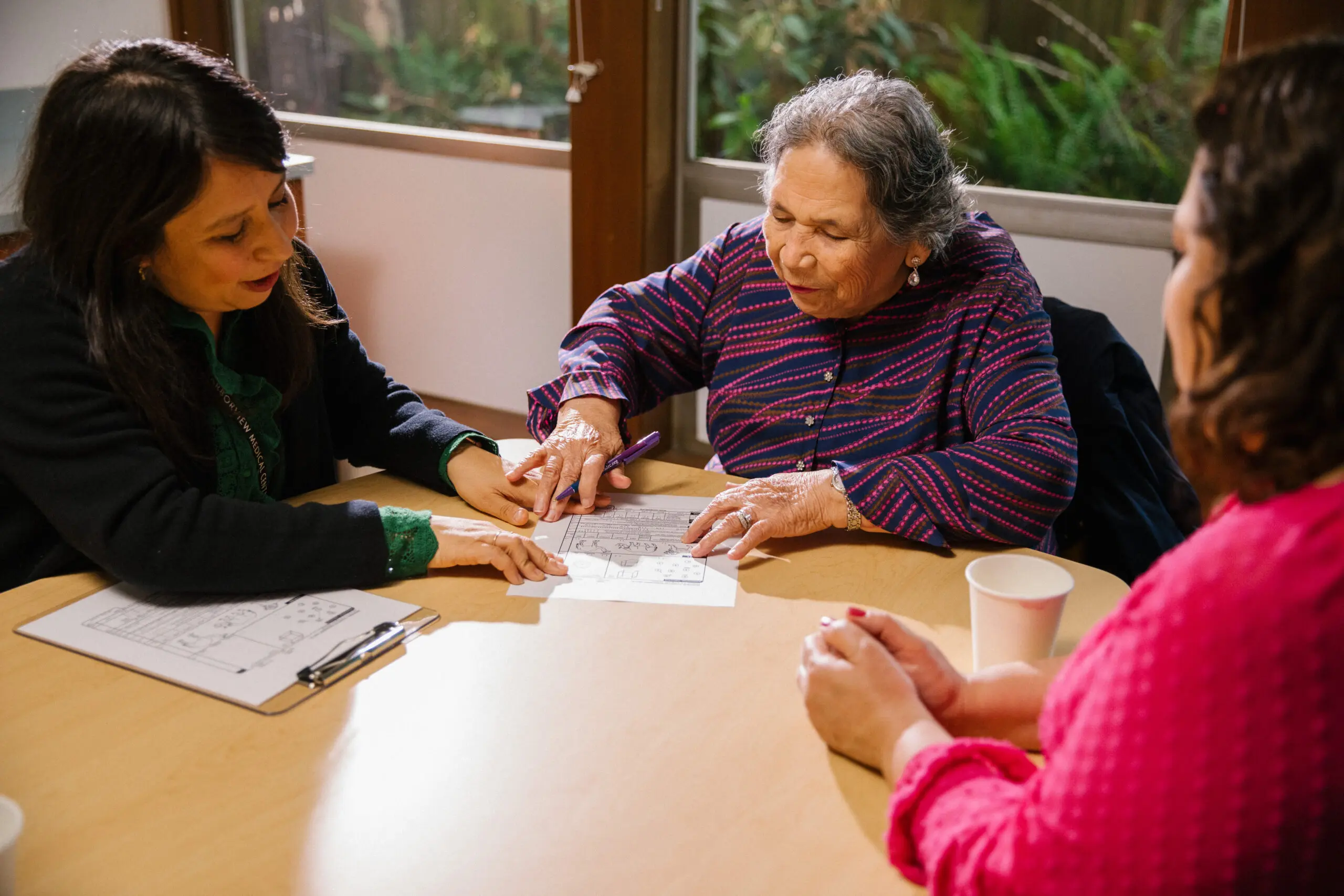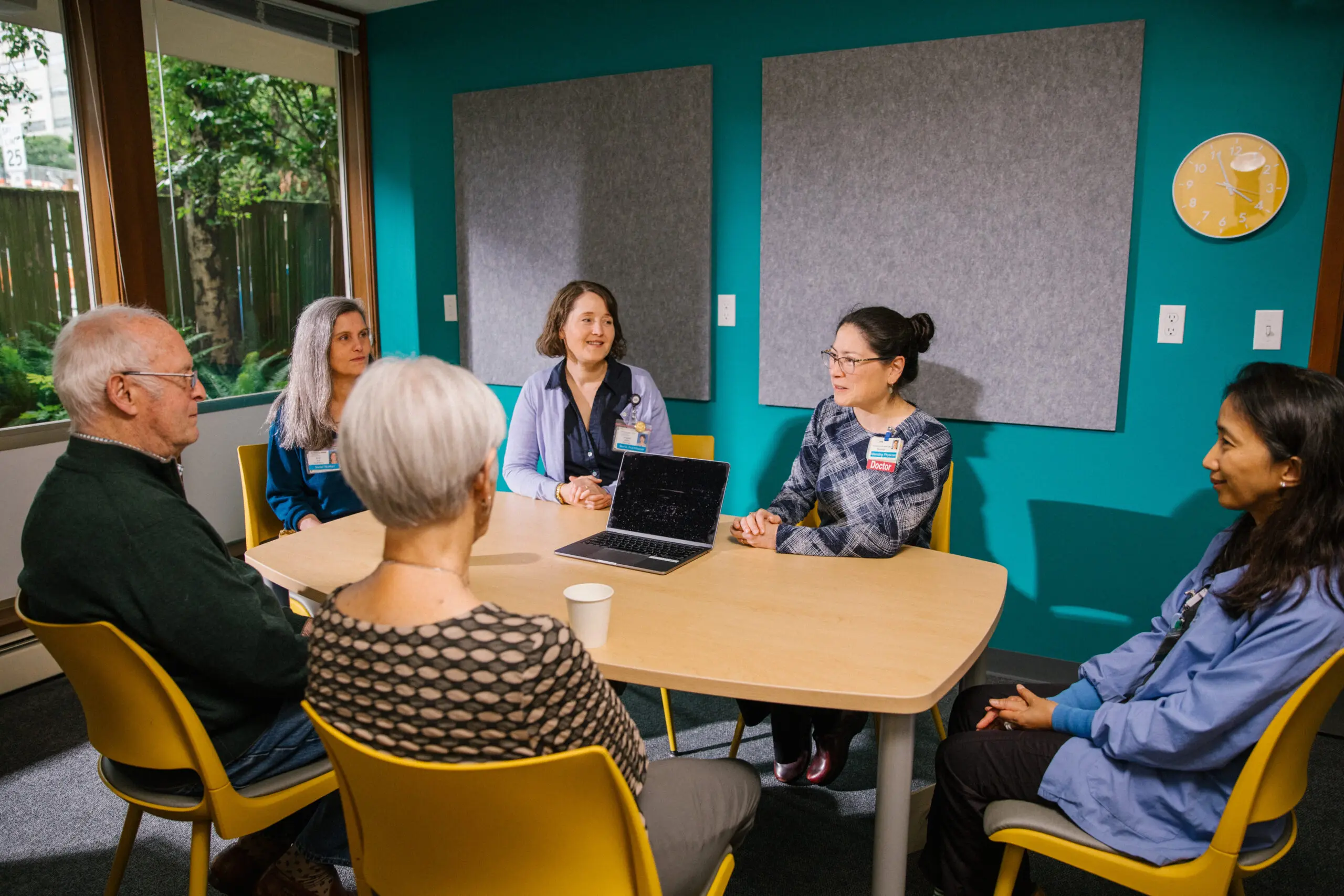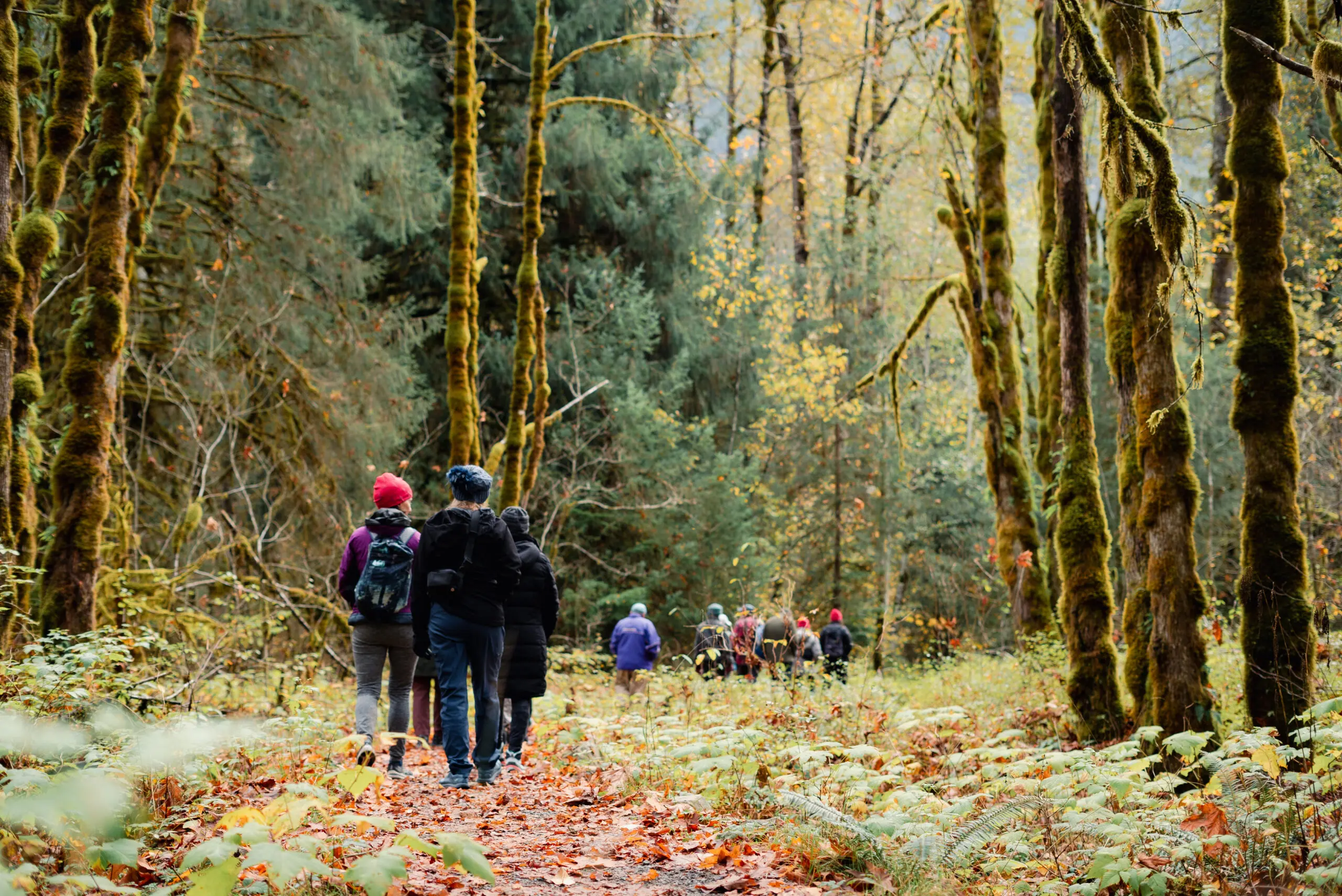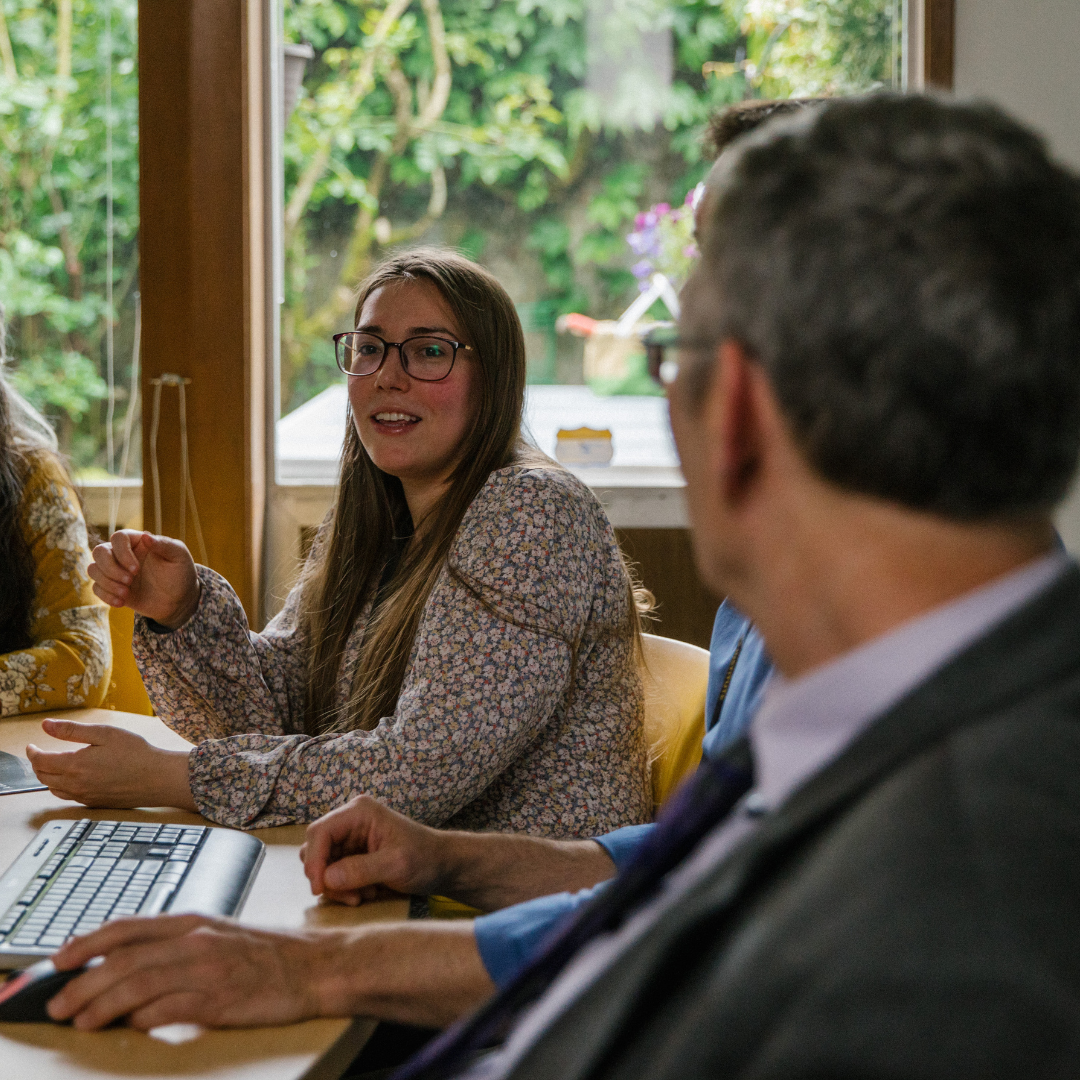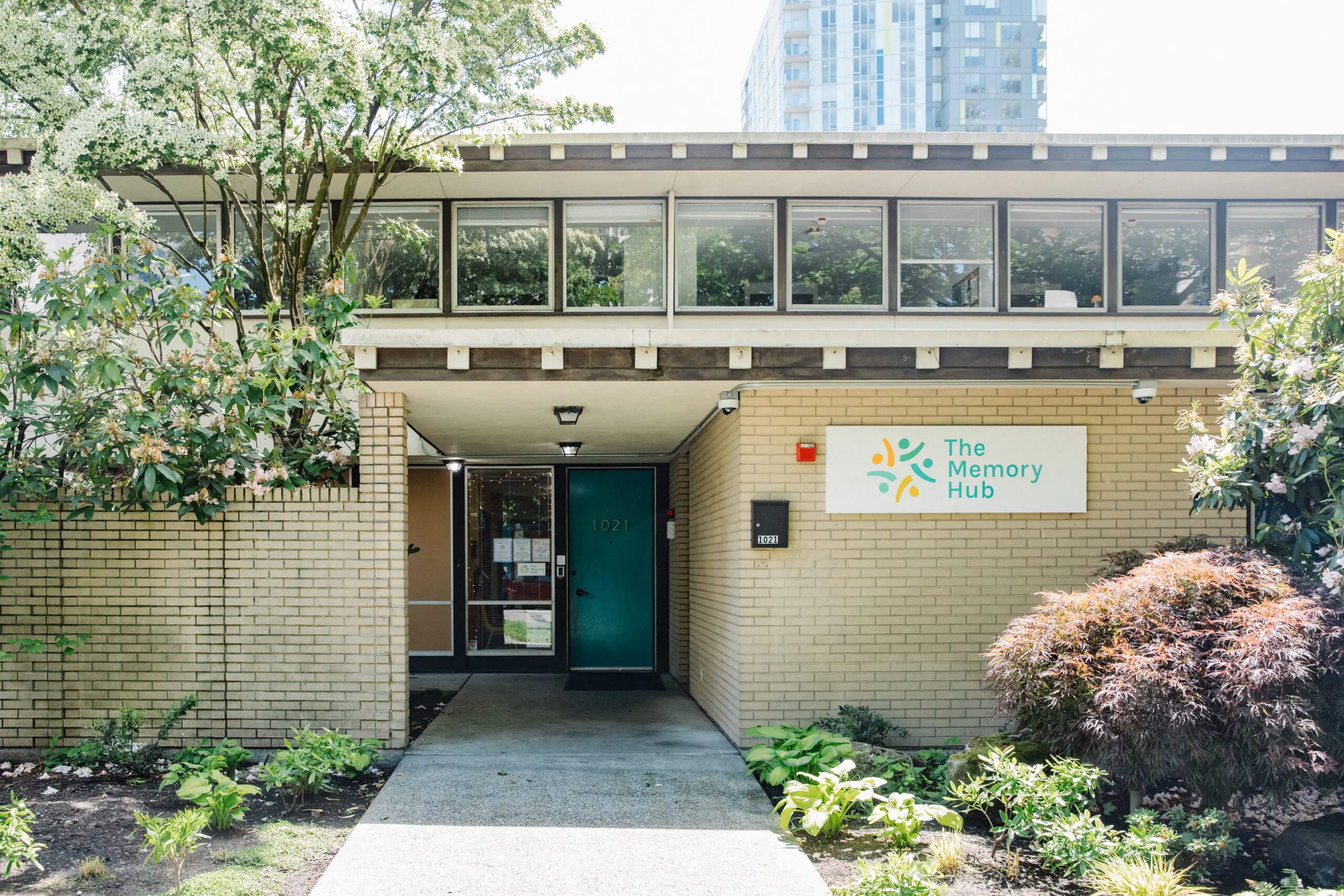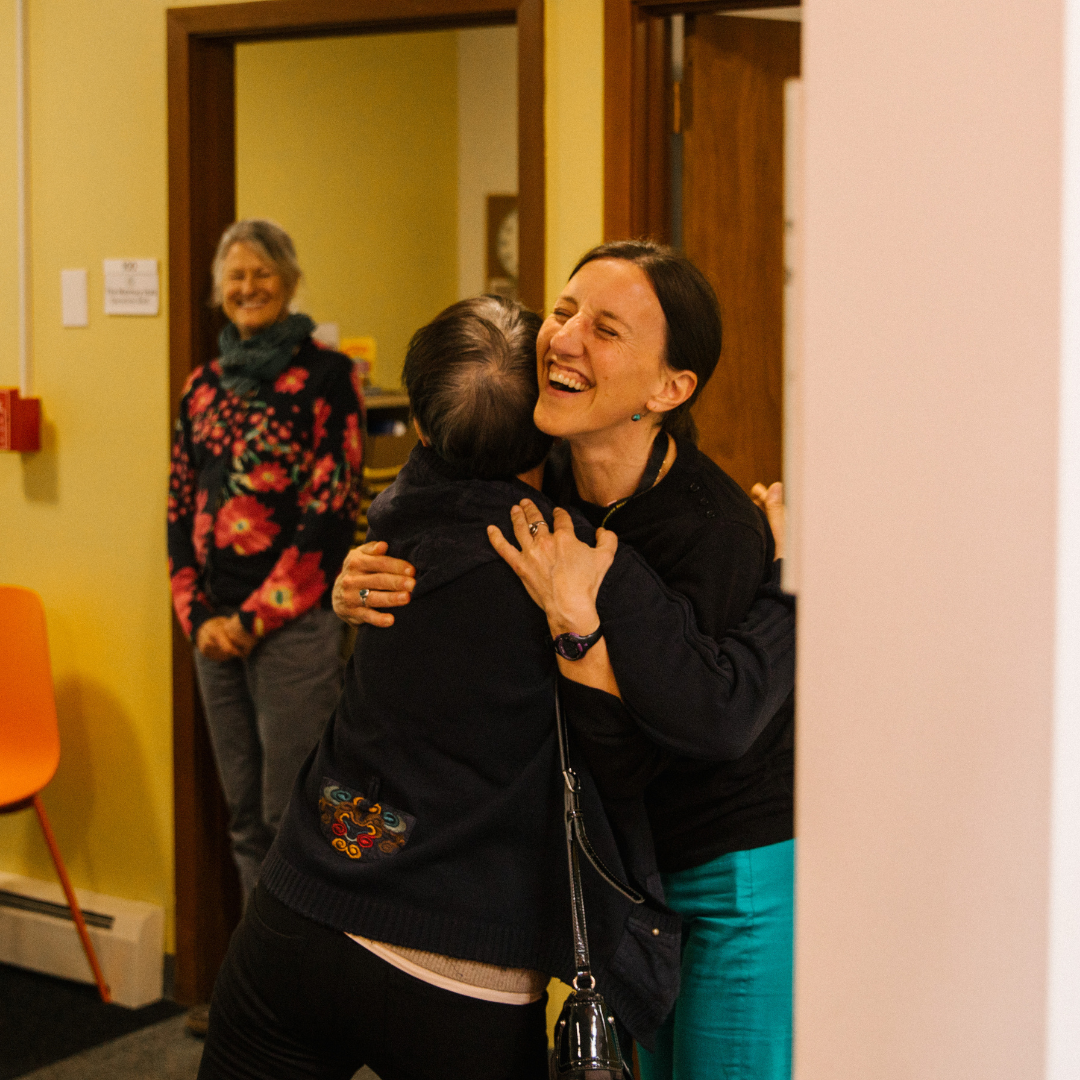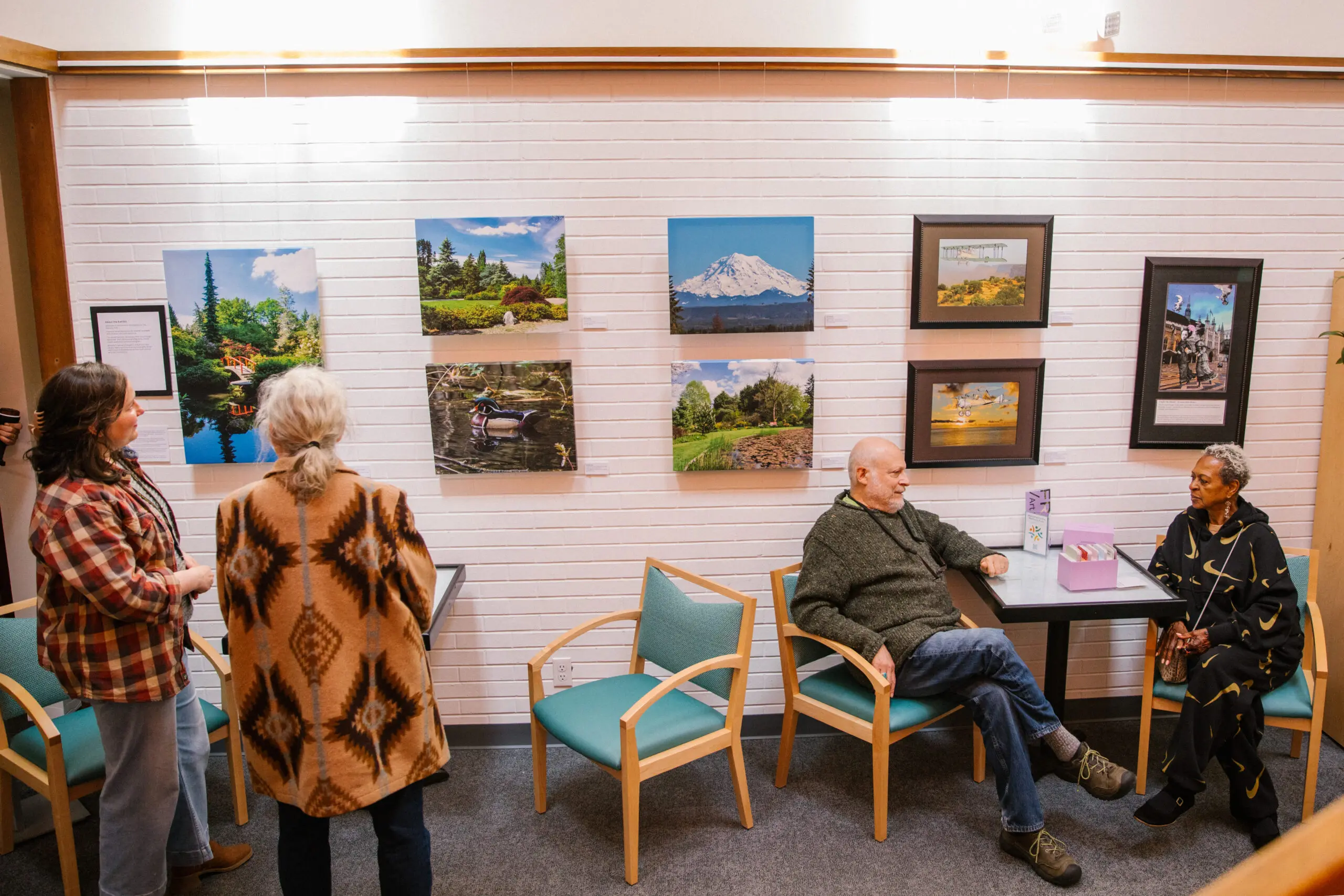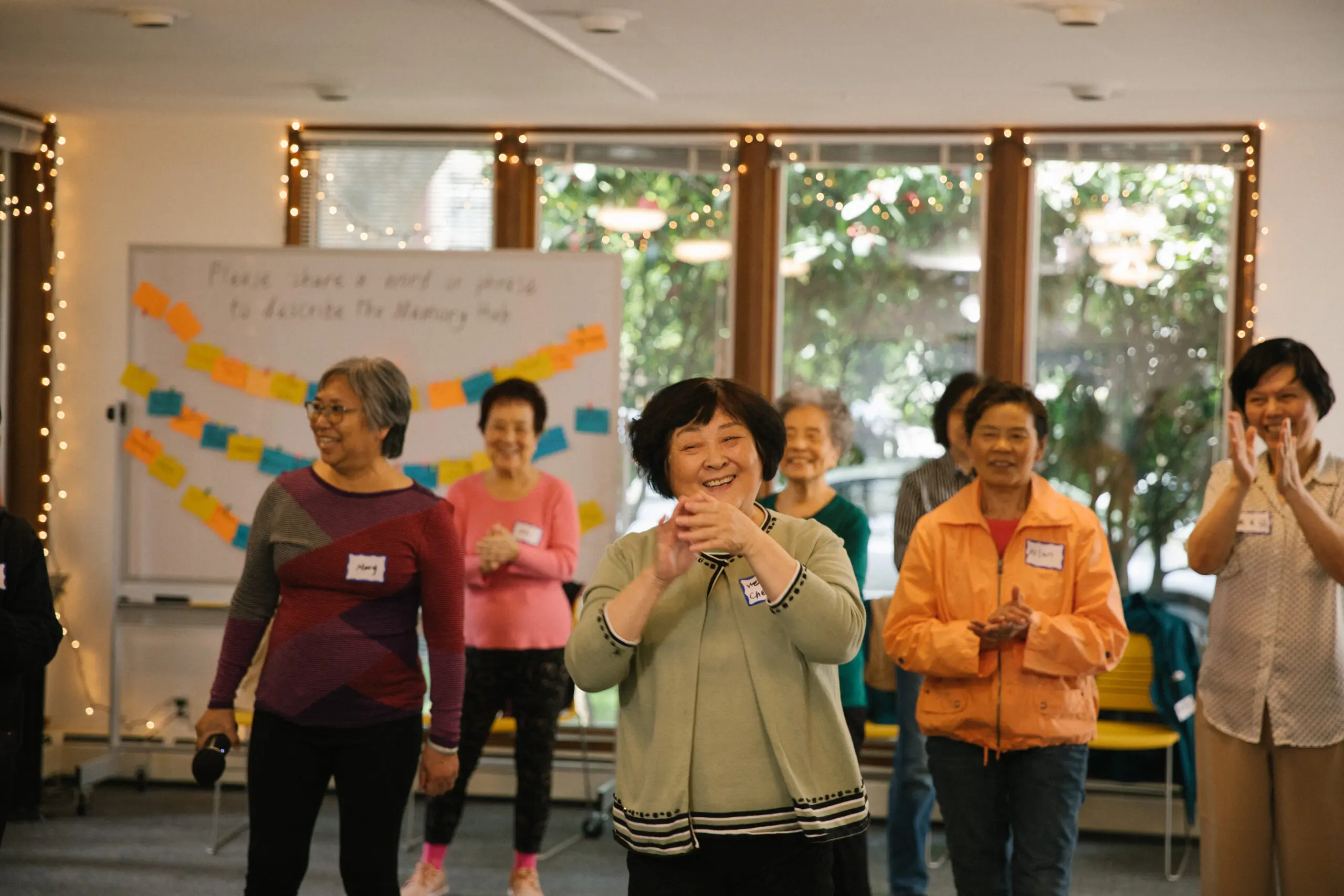UW Medicine is at the forefront of research, education and care for Alzheimer’s disease and other dementias. From becoming one of the first hospitals in the country to administer a groundbreaking new drug therapy to building a hub for community and resilience for people with dementia and their families, we’re redefining what it means to live — and thrive — with memory loss. If you’re looking for compassionate, whole-person care backed by the most advanced research, you’ve come to the right place.

